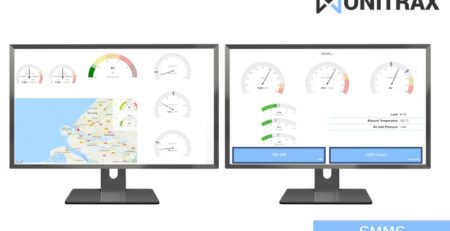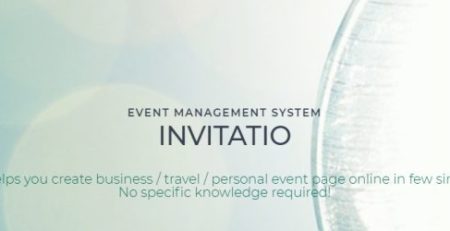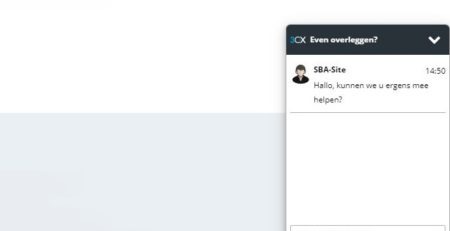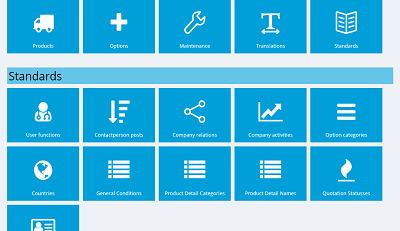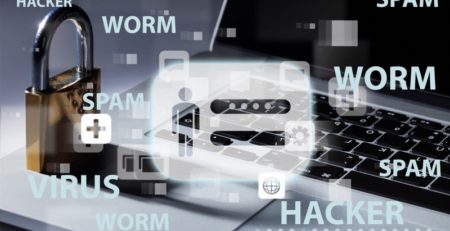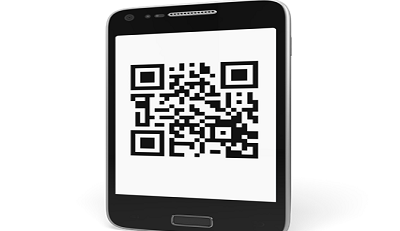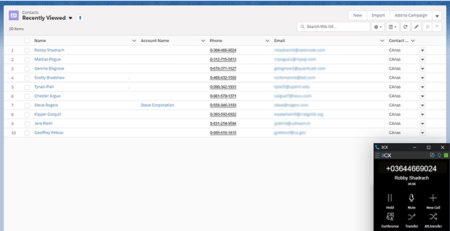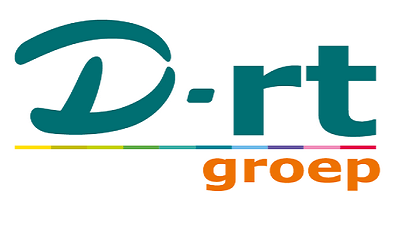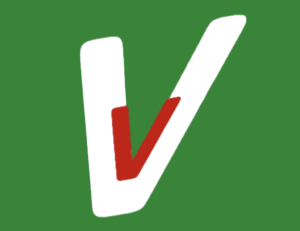Phishing & Scamware
In the past viruses (shortly – malware) were the most popular method of PC users bother. Today there two new popular movements: phishing and scamware.
Both methods are based on deceiving the user. In case of phishing this is the attempt to convince the user that the message comes from a trusted third party. These emails often include:
“Dear valued customer,
You have a new security upate from ING Bank.
Please Log in to your account to confirm this update.Update your online banking.
ING Bank Nederland
Handelsregister Leeuwarden nr. 67891431”.
Thereafter ‘Update uw online bankieren’ sends you to ‘http://www.yenimodamodelleri.com/upload/e/’ (this link works no longer). You can easily check whether the link in such an email referring you to the correct URL. After all your bank uses the domain name of the bank, in this case ing.nl, which will lead to a URL with ‘https://subdomein.ing.nl/depagina. In this case it’s finding out your bank details. When it comes to the acquisition of data, we call it phishing. Nowadays there are also examples like these:


In this case it is scamware. This is software that pretends to be trusted and then asks for a payment. The situation on the image shows a screen of “” police “”, which indicates that you have downloaded illegal material and the police have blocked your computer. The program indicates that to unlock your computer you have to pay a certain amount. Despite this process has nothing to do with the real police, there are countless people who made a payment here.
Another popular form of scamware is showing the virus: it will initually show up as the moving picture c.q. movie. This shows that you are full of computer viruses or other troubles. At the moment of clicking there is a program downloading and showing the same view. The moment you click “fix the problems” there will be a payment screen forward, where you can enter the credit card information. If you ever get the screen like this in future, it’s wise for you to search for the relevant program or to enlist the help of an expert.
What to pay attention to?
- Make sure your systems up-to-date (even the annoying java-update)
- Install a virus scanner
- Use systems for essential things, not to download music, movies or software
- Check the domain in the URL
- Visit the site itself. If you know the instance, you can easily navigate yourself to the appropriate site
- Check for SSL (https + clasp)
- Never fill your pin-codes on websites
- Don’t open zip, exe, com, bat email attachments from unknown senders
- Such departments as police will not ask you to pay money directly through the internet
When in doubt, you can always have your systems checked by us, however, it can be prevented in most cases.
Originally posted 2016-05-16 12:53:15.


